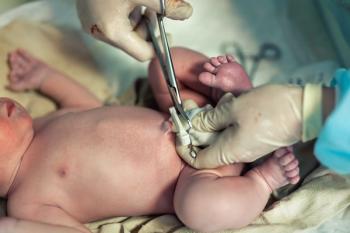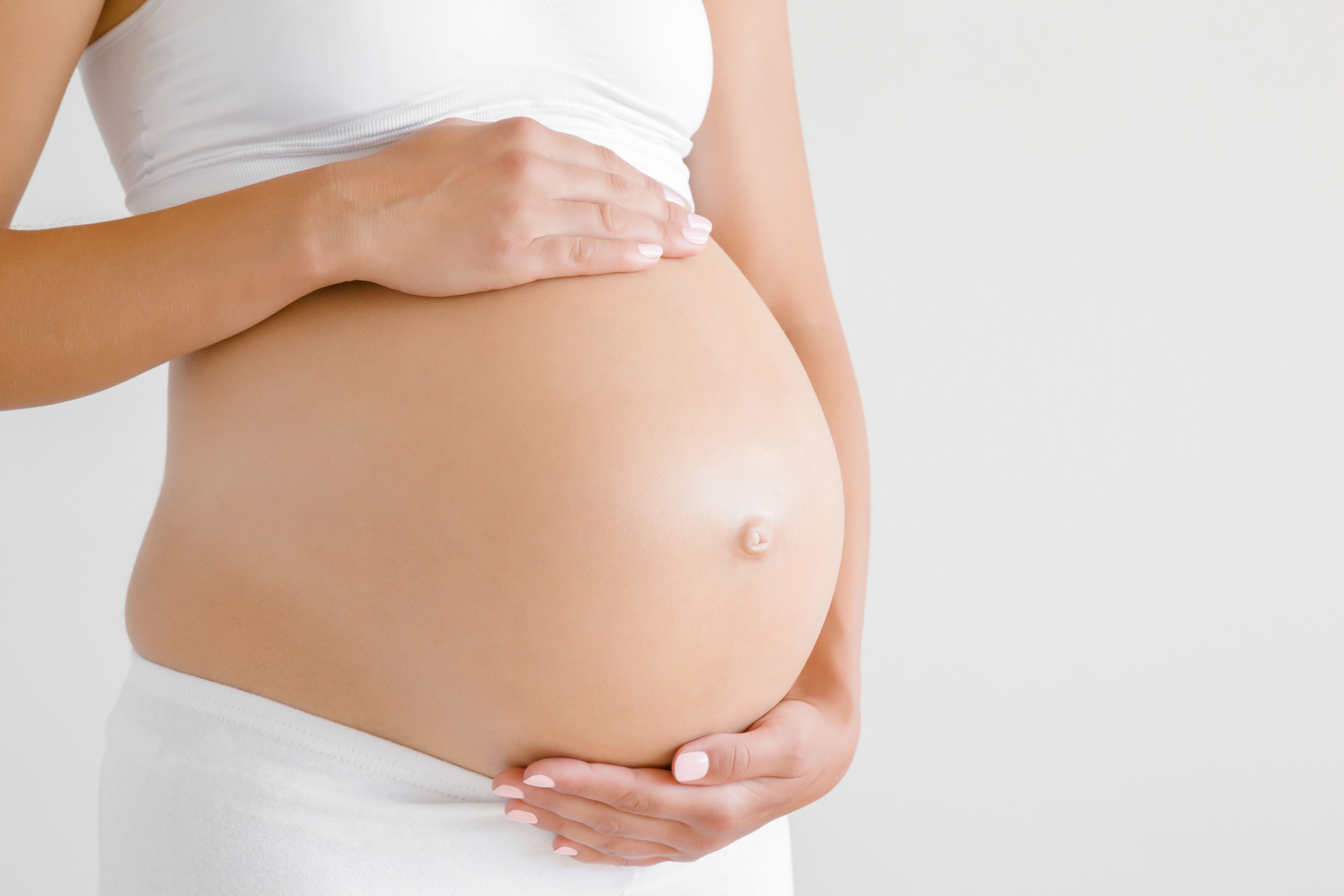
Obstetrics
Latest News
Latest Videos

CME Content
More News

A new review finds immediate release nifedipine offers comparable safety and efficacy to IV labetalol and hydralazine in managing severe hypertension during pregnancy.

In the wake of tightening abortion laws, telemedicine and advance provision of abortion pills are emerging as essential, safe, and accessible solutions for reproductive health care.

A new study finds that patient-reported screening methods are highly effective for determining medication abortion eligibility.

A new ACOG clinical guidance offers updated recommendations on umbilical cord management for preterm births based on recent evidence and analysis.

The World Health Organization’s evidence-based recommendations aim to improve care and outcomes for pregnant women with sickle cell disease.

Review some of the top stories from the Contemporary OB/GYN website over the past week and catch up on anything you may have missed.

A new study finds that intrahepatic cholestasis of pregnancy diagnosis before 32-weeks’ gestation increases the risk of adverse outcomes.

A new study finds that restrictive abortion legislation significantly increases maternal health risks in pregnancies with life-limiting fetal diagnoses.

Study finds USPSTF guidelines label 89% of pregnancies as at risk for preeclampsia, but moderate risk factors offer limited value in guiding aspirin use.

Women with hypertensive disorders of pregnancy are more likely to never start or stop breastfeeding early, according to a recent study.

Experts debate the risks and benefits of SSRIs during pregnancy, emphasizing the need for better education and transparency in treatment options.

A new review reveals that maternal depression significantly impairs bonding, sensitivity, and emotional engagement among mothers.

Infants born preterm or with complications face higher risks of chronic conditions in adulthood, highlighting policy and health care needs.

Review some of the top stories from the Contemporary OB/GYN website over the past week and catch up on anything you may have missed.

New research reveals that existing USPSTF guidelines may overgeneralize preeclampsia risk, highlighting the need for biologically based, personalized screening methods to improve maternal outcomes.

DiaMedica Therapeutics' investigational therapy DM199 significantly reduced blood pressure and improved uterine blood flow in patients with preeclampsia, with a favorable safety profile.

Research reveals significant treatment gaps for hepatitis C in postpartum women and children, highlighting urgent needs for improved care access and awareness.

Joint recommendations highlight the importance of screening, medication management, and contraception counseling to improve pregnancy outcomes in women with diabetes.

A new study reveals distinct gut microbiota patterns in pregnant women with gestational diabetes, offering potential for early, non-invasive detection and targeted interventions.

Review some of the top stories from the Contemporary OB/GYN website over the last week, and catch up on anything you may have missed.

Women with kidney transplants who conceive through assisted reproductive technology face increased risks of complications such as hypertension, preterm birth, and cesarean delivery, according to new research.

Getting a flu shot while pregnant significantly reduces the risk of severe illness for the mother and cuts the infant’s flu risk by 44% during the first 6 months of life.

Discover the serious health risks of smoking while pregnant, how vaping compares, and the most effective ways clinicians can help women quit.

A pro-inflammatory maternal diet during pregnancy was linked to a 16% higher risk of type 1 diabetes in offspring, Danish cohort study finds.

A major study of over 2 million women reveals that common pregnancy complications significantly increase the risk of stroke decades later.


















